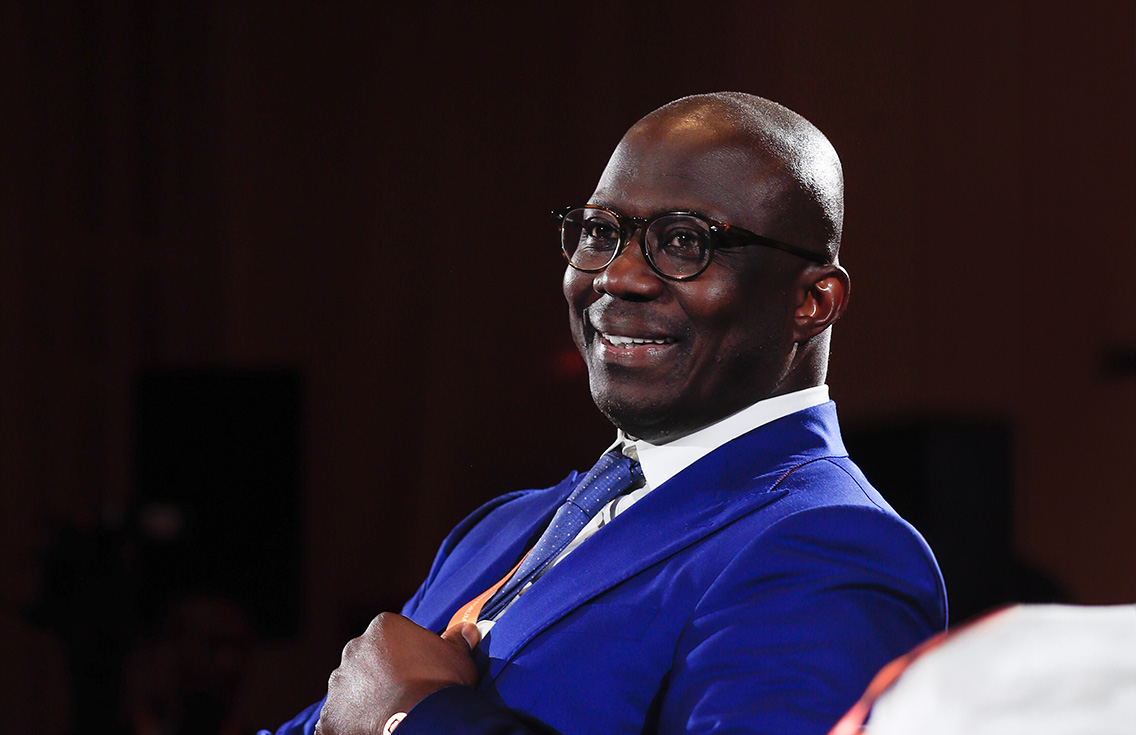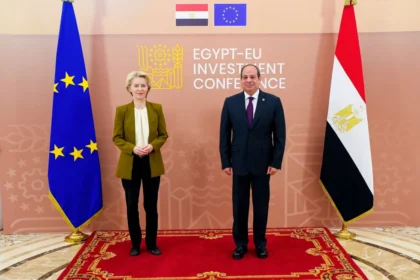At a Glance
- Lilium Capital expands through Vista Bank, mining, and healthcare investments across West Africa.
- Vista Bank’s growth highlights Africa’s rising appetite for homegrown financial institutions.
- Governance and transparency remain key as Lilium balances ambition with sustainable growth.
Lilium Group LLC, a Houston-based private equity fund manager founded by Burkinabè-born financier Simon Tiemtoré, is quietly shaping Africa’s investment future.
From banking halls in Guinea to mining ventures in Burkina Faso, the Houston-based private equity firm has built a fast-growing presence across frontier markets.

Through Vista Bank Group and other holdings, Tiemtoré’s Lilium Capital Group is betting big on sectors driving Africa’s next growth cycle, banking, mining, and healthcare.
As Shore Africa turns the spotlight on how Lilium Capital group, a U.S.-based investment company, manages growth, structure, and capital since its 2016 inception, raising broader questions about what it takes to build a credible pan-African investment platform from scratch.
The American–Burkinabè financier, Simon Tiemtoré, behind Vista Bank, is building a multi-sector enterprise, but questions remain over governance, pace, and staying power.
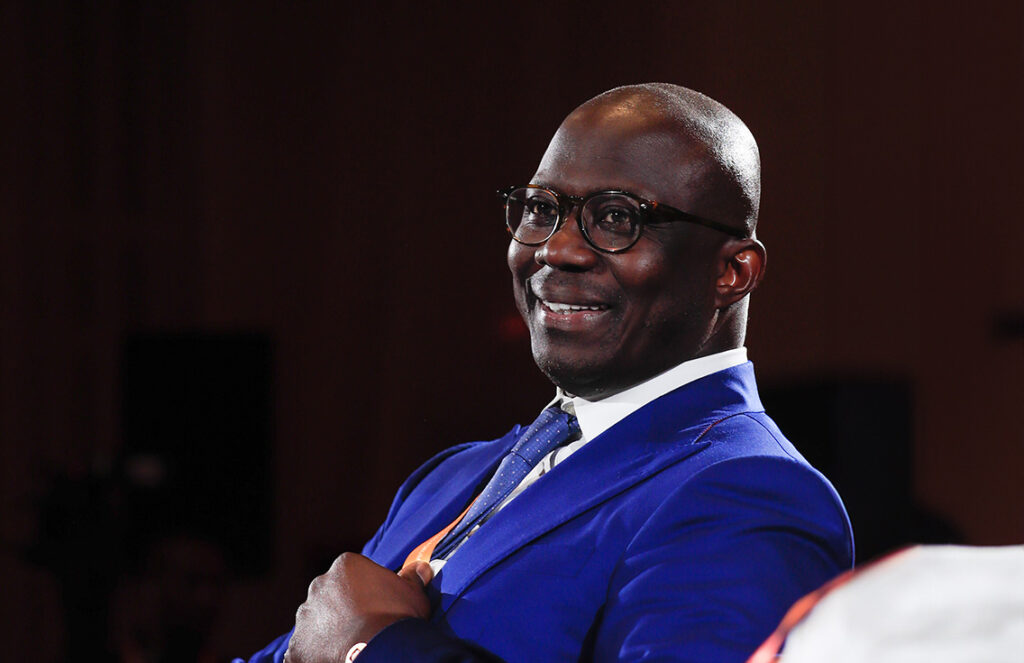
Where it all began
Before there was Lilium, there was Simon Tiemtoré, a former World Bank finance specialist and tax lawyer who spent years in U.S. investment banking before turning his focus to Africa. In 2010, he founded Lilium Capital, a firm aimed at reviving undercapitalized African businesses.
His first moves were in banking. In 2017, Lilium bought First International Bank subsidiaries in Guinea, Gambia, and Sierra Leone, later rebranding them under Vista Bank. An expansion into Burkina Faso followed, strengthening Vista’s base in Francophone Africa.
“Vista was built to be more than a bank, it’s a bridge for Africa’s entrepreneurs to access global capital,” Tiemtoré said in an earlier interview.
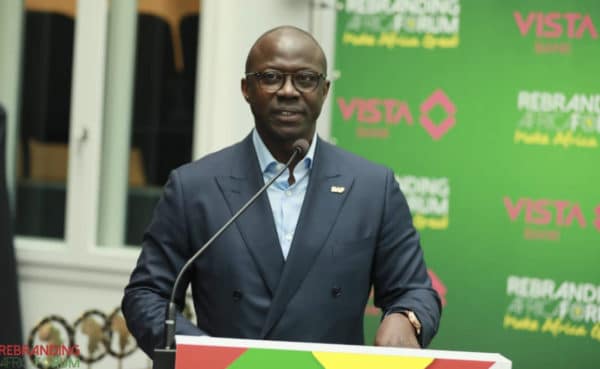
Vista Bank — The core of Lilium’s portfolio
Headquartered in Conakry, Guinea, Vista Bank focuses on small-business lending, trade finance, and cross-border banking. Its recent push to acquire four subsidiaries from regional lender Oragroup could elevate it into one of West Africa’s largest locally owned banks.
The launch of Vista France extended its reach to the African diaspora, targeting the $100 billion remittance corridor linking Europe and Africa. Backing from the European Investment Bank has strengthened Vista’s lending capacity to small and medium enterprises.
Still, fast growth brings pressure. Integrating new systems and sustaining capital strength remain key tests. Analysts say Vista’s next chapter will hinge less on dealmaking and more on tightening governance and risk management.
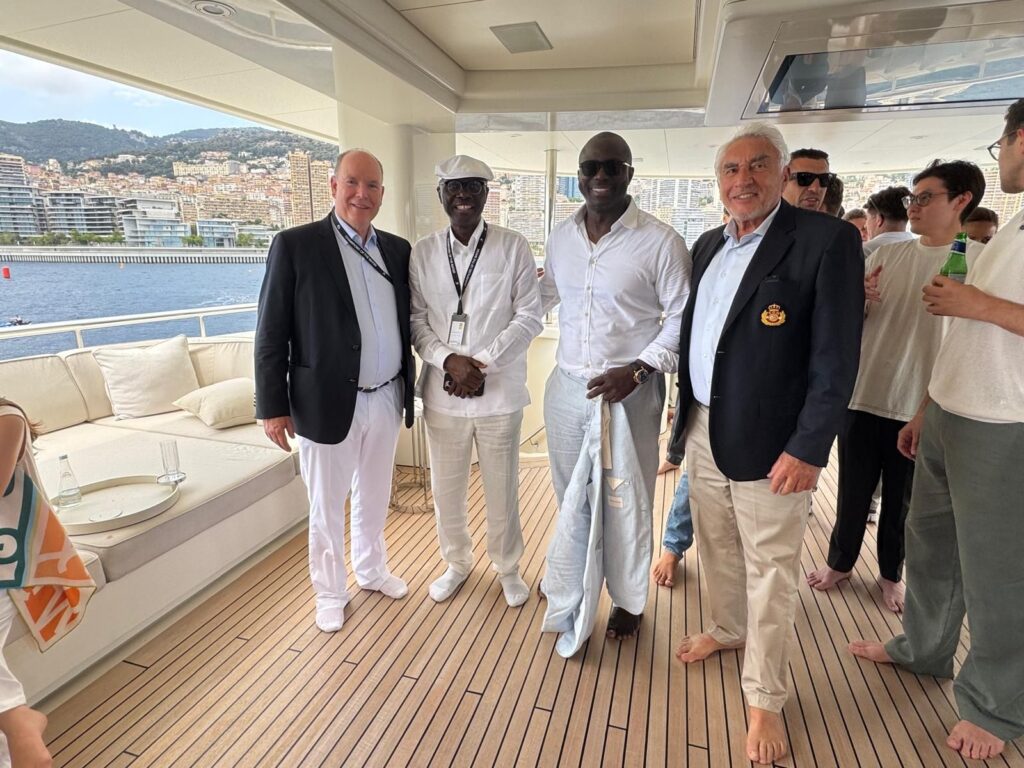
Beyond banking — From gold to health care
In 2023, Lilium made headlines with a $300 million deal to buy two gold mines in Burkina Faso from Endeavour Mining, a milestone for African-led investment in mining. But the optimism faded after disputes over payments and control. By mid-2024, the Burkinabè government took over the assets following a settlement, marking a setback for Lilium’s mining push.
At the same time, the company has explored healthcare, diagnostics, and telemedicine, along with technology-driven inclusion projects, areas Tiemtoré believes will define Africa’s next growth cycle.
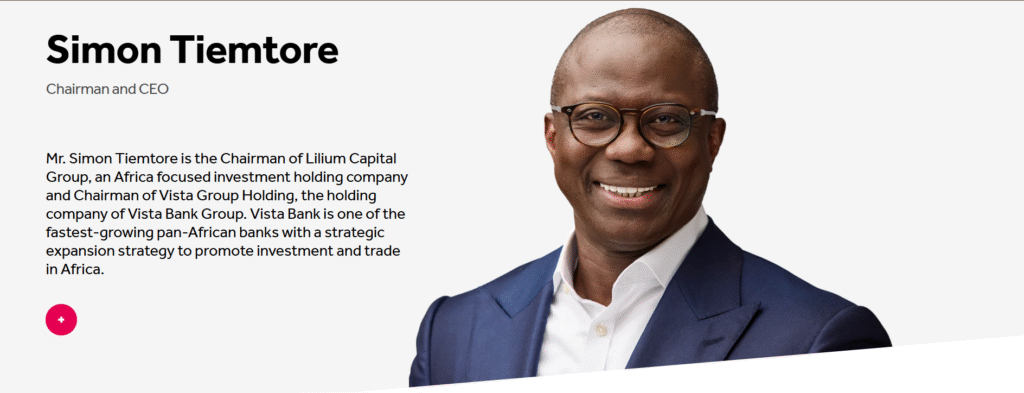
Balancing ambition and discipline
Lilium operates through a web of holding companies, including Lilium Capital, Vista Group Holding, and Lilium Mining. The structure offers flexibility but has drawn calls for clearer transparency.
“Lilium’s ambition isn’t in question,” said one regional banking analyst. “The challenge is delivering consistent governance across its network.”
For Tiemtoré, the mission is deeply personal: to prove African-owned firms can compete globally while maintaining credibility. With Vista Bank still expanding, his focus now is on consolidating gains, strengthening oversight, and building investor confidence.
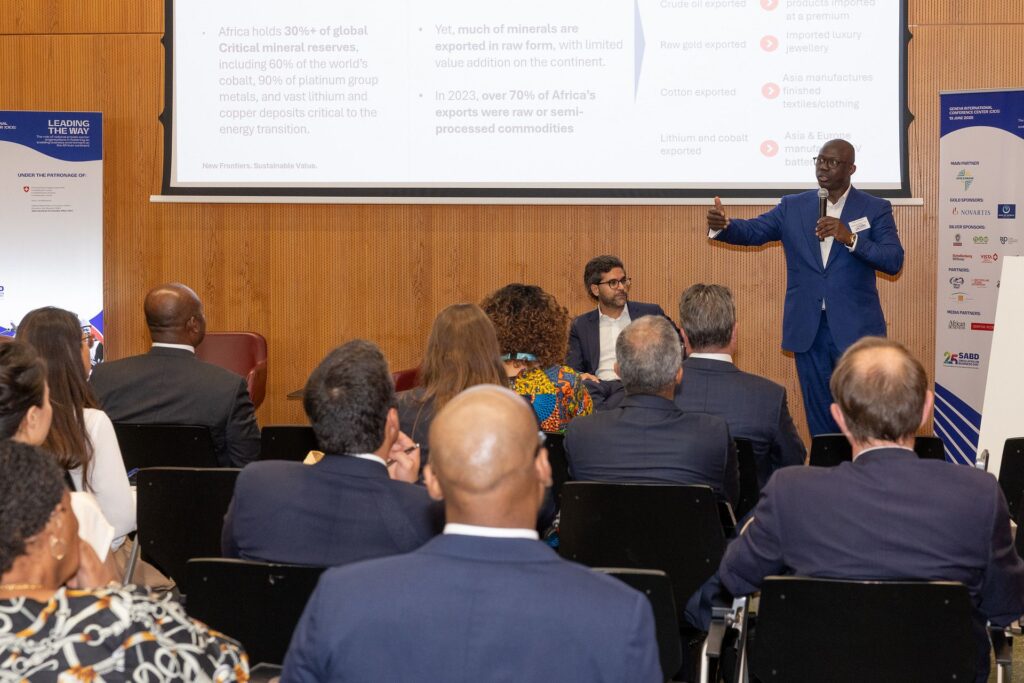
From the banking halls of Conakry to the mines of Burkina Faso, Simon Tiemtoré’s Lilium Group reflects both the ambition and growing maturity of African enterprise — bold, restless, and still learning how to balance speed with staying power.

